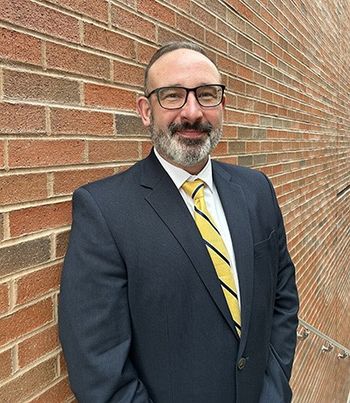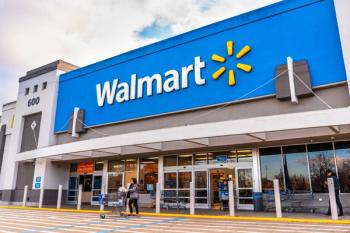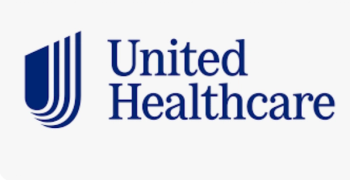
Medically Home CEO Projects More Patients Will Get Treated Outside The Hospital
The company is working with large health systems such as the Mayo Clinic and Kaiser Permanente, and Rami Karjian expects more delivery of acute care in the home.
Rami Karjian says many patients that are being admitted to hospitals today will be treated at home in the not-too-distant future.
Karjian is the co-founder and CEO of Medically Home, a Boston-based company that works with health systems to provide acute care at home. The company’s partners include Kaiser Permanente, the Mayo Clinic, Cleveland Clinic and more than a dozen other organizations.
“Most people that are doing this at any scale will tell you that 20% or 30% of their hospital beds in the future will be beds in their home,” Karjian said. “So if you took a 300-bed hospital, you're talking 60 beds or more that are going to be decentralized in this manner.”
More health systems have initiated hospital-at-home services in the past few years. During the COVID-19 pandemic, the federal government eased restrictions to make it easier for health organizations to launch such programs. Today, more than 120 health systems are operating hospital-at-home programs in 37 states, according to the
Even though the federal government has ended the COVID-19 public health emergency, those flexibilities remain in place. Congress approved legislation to allow hospital-at-home programs to operate through the end of 2024, along with other telehealth programs and services. Healthcare organizations are lobbying Congress and the Biden administration to make those reforms permanent, or at least extended.
“The industry is working very well together to get that extended again, and then made permanent,” Karjian says. “So a lot of what this is going to take is keeping the payment mechanisms in place, so that health systems, so the payers, so that providers are able to continue to offer better care to their members and patients.”
Medically Home cared for its first patient in Boston in 2017, working with Atrius Health, a physician group, to begin providing acute care at home. (UnitedHealth Group’s Optum acquired Atrius in 2021).
In a few years, Medically Home has grown substantially, with more systems looking at home hospital programs in the pandemic. The Mayo Clinic and Kaiser Permanente both committed $100 million to Medically Home in 2021. Karjian says the company is “very fortunate” to have Mayo and Kaiser as partners, along with other large systems.
Karjian says the company is working with health systems to ensure that hospital-at-home services are available to a wide variety of backgrounds, including rural areas. He says it “can't just be for wealthy people who live in big cities.”
Medically Home works with homeowners and can aid them if they have problems with internet connectivity, which Karjian says can be a challenge “whether you're in rural Wisconsin, rural Oklahoma, or in fact, if you live in certain parts of greater Boston.” The company also can provide back-up power sources if needed.
While hospital-at-home programs involve telehealth in some measures, with doctors checking in via video or available to answer questions, nurses also visit patients in person. Under federal regulations for hospital-at-home programs, clinicians must visit patients in person at least twice a day. With Medically Home’s model, nurses and doctors are also available in a “command center” 24/7 to answer questions or address patient needs.
Even in between in-person visits with nurses, Karjian says patients can often have an easier time seeing a nurse in the home-based program than in the hospital. Karjian says patients can access a nurse via video in a matter of seconds.
Patients recovering at home can be more comfortable than in a hospital setting, Karjian says. Other physicians in hospital-at-home programs said patients get more sleep, which is a factor in helping their recovery.
“That allows the patient to recover, to rest, to be with their family, to be with their pets,” he says. “And it's part of the reason why patients do so much better physically and psychologically and socially.”
In hospital-at-home programs, patients get more time with their loved ones, and their family members can get more insight in helping their patients recover.
“The other big benefit of this model is you're bringing the family into the care you're involving them, you're helping them understand how to help their loved one, which is really, really hard in a brick-and-mortar hospital,” Karjian says.
Newsletter
Get the latest industry news, event updates, and more from Managed healthcare Executive.























